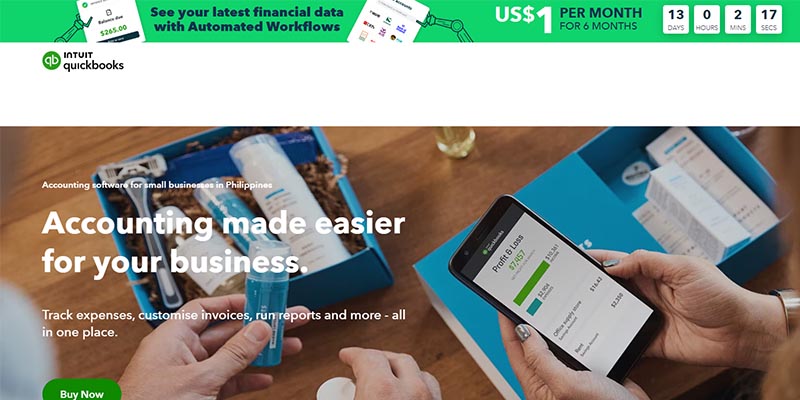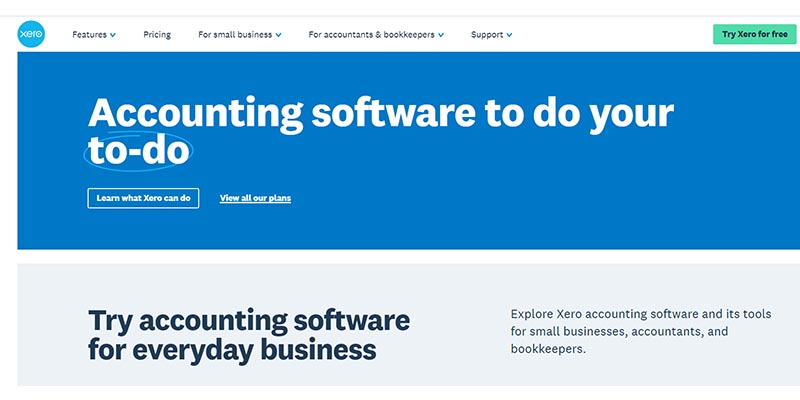SaaS
Navigating the Ever-Evolving Landscape: Latest SaaS Trends in 2023

The Software as a Service (SaaS) industry has witnessed remarkable growth and innovation over the past few years. As businesses continue to adapt to the digital age, SaaS solutions have become indispensable tools for streamlining operations, boosting productivity, and enhancing customer experiences. In 2023, the SaaS landscape is evolving at an unprecedented pace, with several trends shaping the industry. In this article, we will explore the latest SaaS trends that are driving change and revolutionizing the way businesses operate.
AI and Machine Learning Integration

Artificial Intelligence (AI) and Machine Learning (ML) have moved from being buzzwords to essential components of SaaS applications. In 2023, SaaS providers are increasingly incorporating AI and ML capabilities to offer more intelligent and predictive solutions. These technologies enhance data analysis, automate routine tasks, and deliver personalized experiences to users. For example, AI-powered chatbots are becoming commonplace in customer service SaaS, providing instant support and improving user satisfaction.
Cybersecurity and Data Privacy
With the increasing threat of cyberattacks and stringent data privacy regulations, cybersecurity is a top priority for businesses. SaaS providers are focusing on enhancing security features within their applications, offering robust encryption, multi-factor authentication, and real-time threat detection. Additionally, SaaS platforms are becoming compliant with global data protection laws, ensuring the safe handling of user data. As security concerns continue to rise, SaaS trends in 2023 emphasize the importance of safeguarding sensitive information.
No-Code and Low-Code Development
Empowering non-technical users to create custom applications without extensive coding knowledge has become a major SaaS trend. No-code and low-code platforms are democratizing software development, allowing businesses to build tailored solutions quickly and cost-effectively. These platforms accelerate innovation and reduce development cycles, making it easier for organizations to address unique challenges and opportunities.
Hybrid and Multi-Cloud Solutions

As businesses expand their digital footprint, the need for flexible and scalable infrastructure grows. Hybrid and multi-cloud solutions are SaaS trends gaining popularity as they offer the ability to integrate on-premises and cloud-based resources seamlessly. This trend allows companies to optimize their IT environments, reduce costs, and ensure data resilience. SaaS providers are responding by offering solutions that can easily operate across various cloud platforms, giving users greater control and agility.
Vertical-Specific SaaS Solutions
To meet the unique needs of different industries, SaaS providers are increasingly focusing on vertical-specific solutions. Rather than offering one-size-fits-all applications, SaaS vendors are developing specialized software for industries such as healthcare, finance, and manufacturing. These tailored solutions come with industry-specific features, compliance standards, and best practices, enabling businesses to optimize processes and stay competitive in their respective sectors.
Subscription Model Evolution

The subscription-based pricing model is the foundation of SaaS, but it is evolving. In 2023, SaaS providers are offering more flexible pricing options, including usage-based billing and tiered plans, to cater to the diverse needs of businesses. This flexibility allows companies to scale their SaaS usage according to their requirements and budget, making SaaS solutions more accessible and cost-effective. Streaming sites like Netflix, online news publications like The New Times, and software products like Adobe Creative Suite are few examples of
Remote Work Enablement
The COVID-19 pandemic accelerated the adoption of remote work, and in 2023, SaaS solutions will continue to play a vital role in supporting remote and hybrid work models. Collaboration tools, project management software, and virtual communication platforms are in high demand. This is one of the SaaS trends that allow video conferencing, document sharing, and task automation to improve remote team productivity and collaboration.
Conclusion
The SaaS industry is undergoing significant transformations in 2023, driven by advancements in technology and changing business needs. Saas trends such as the integration of AI and ML, the rise of hybrid and multi-cloud solutions, a heightened focus on cybersecurity and data privacy, and the democratization of software development through no-code and low-code platforms are just a few of the key trends reshaping the SaaS landscape.
As businesses continue to adapt and evolve, staying informed about these trends and incorporating the latest SaaS innovations can provide a competitive edge. Whether you’re in IT, marketing, finance, or any other sector, embracing these trends can help you optimize your operations, drive growth, and better serve your customers in this ever-evolving digital age.

Management
5 Bookkeeping Software for Small Businesses

1. QuickBooks Online

QuickBooks Online is arguably the most well-known bookkeeping software for small businesses. It offers a user-friendly interface, making it ideal for business owners who may not have an extensive accounting background. QuickBooks Online enables you to track income and expenses, create and send invoices, manage bills, and generate essential financial reports. With its cloud-based platform, you can access your financial data from anywhere, making collaboration with your accountant a breeze.
2. FreshBooks
FreshBooks is designed with simplicity in mind, making it an excellent choice for small business owners who want a straightforward bookkeeping solution. It offers time-tracking, invoicing, expense-tracking, and basic reporting features. FreshBooks excels at creating professional-looking invoices that can be customized to match your brand. With its mobile app, you can manage your finances on the go, making it convenient for busy entrepreneurs.
3. Xero

Xero is another cloud-based accounting software that has gained popularity among small business owners. It boasts a range of features, including bank reconciliation, expense tracking, and customizable invoices. Xero’s intuitive dashboard provides a real-time overview of your financial status, helping you make informed decisions. Additionally, it integrates seamlessly with over 800 third-party apps, allowing you to expand its functionality to suit your specific needs.
4. Wave Accounting
If you’re a small business owner on a tight budget, Wave Accounting may be the perfect solution for you. Wave offers a suite of accounting and bookkeeping tools entirely free of charge. It includes features like income and expense tracking, invoicing, and even payroll for a small fee. Although it may not have as many features as some of the paid options, it is a reliable choice for businesses looking to keep costs down.
5. Zoho Books
Zoho Books is part of the broader Zoho suite of business software and offers comprehensive bookkeeping tools for small businesses. It covers all the essentials, including invoicing, expense tracking, bank reconciliation, and financial reporting. Zoho Books also integrates seamlessly with other Zoho products, making it an attractive option for businesses looking for an all-in-one solution. And if you are looking for a tool to handle your human resources concerns, check out Zoho People, which is one of the best HR Saas companies today
Conclusion
When choosing bookkeeping software for your small business, consider factors such as your specific needs, budget, and ease of use. It’s also important to think about scalability, as your business may grow and require more advanced features over time. Whichever software you choose, remember that accurate bookkeeping is a vital aspect of managing your finances and ensuring the long-term success of your small business. By leveraging these five bookkeeping software options, you can simplify your financial processes and focus more on growing your business.
-

 Cloud3 years ago
Cloud3 years ago9 Examples of Vertical SaaS Companies That Are Making An Impact
-

 Cloud3 years ago
Cloud3 years ago3 Tips for Choosing the Best Cloud Computing Software for Your Small Business
-

 Cloud3 years ago
Cloud3 years agoTop 10 Software as a Service (SaaS) Companies
-

 Management2 years ago
Management2 years ago5 Bookkeeping Software for Small Businesses
-

 Management2 years ago
Management2 years agoThe Top 10 HR SaaS Companies Redefining HR in 2023
-

 A.I.2 years ago
A.I.2 years ago10 Best AI Personal Assistants to Answer Anything
-

 Cloud3 years ago
Cloud3 years agoThe 10 Popular IaaS Examples
-

 Management3 years ago
Management3 years agoThe Expanding Landscape of Data Science Jobs